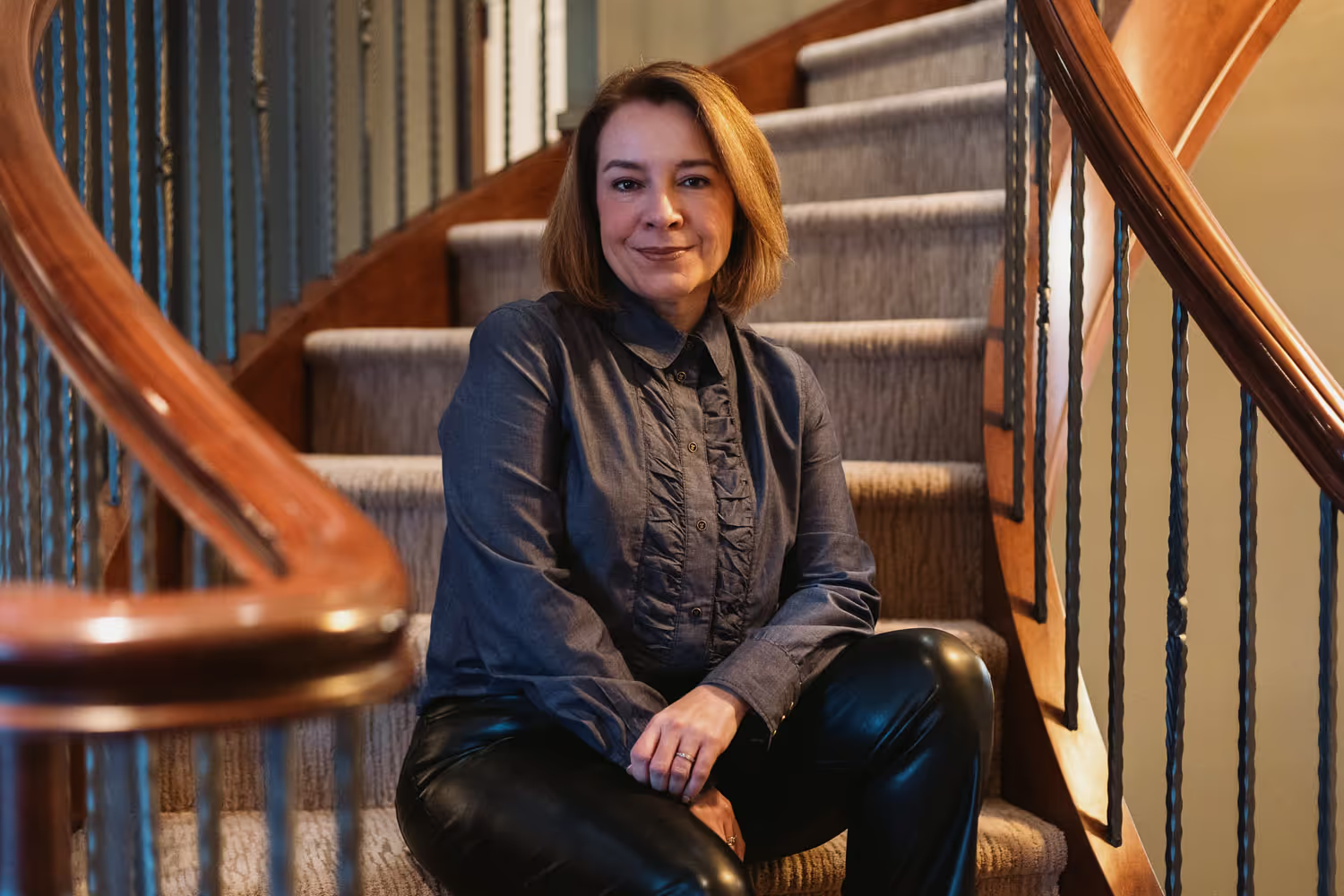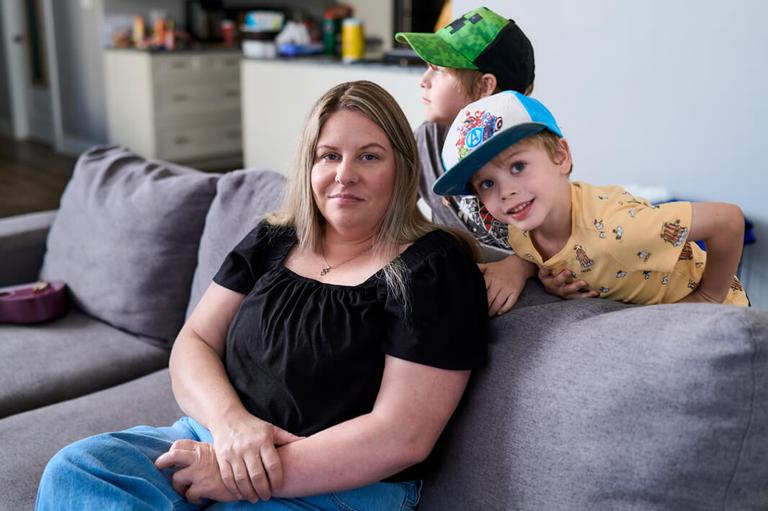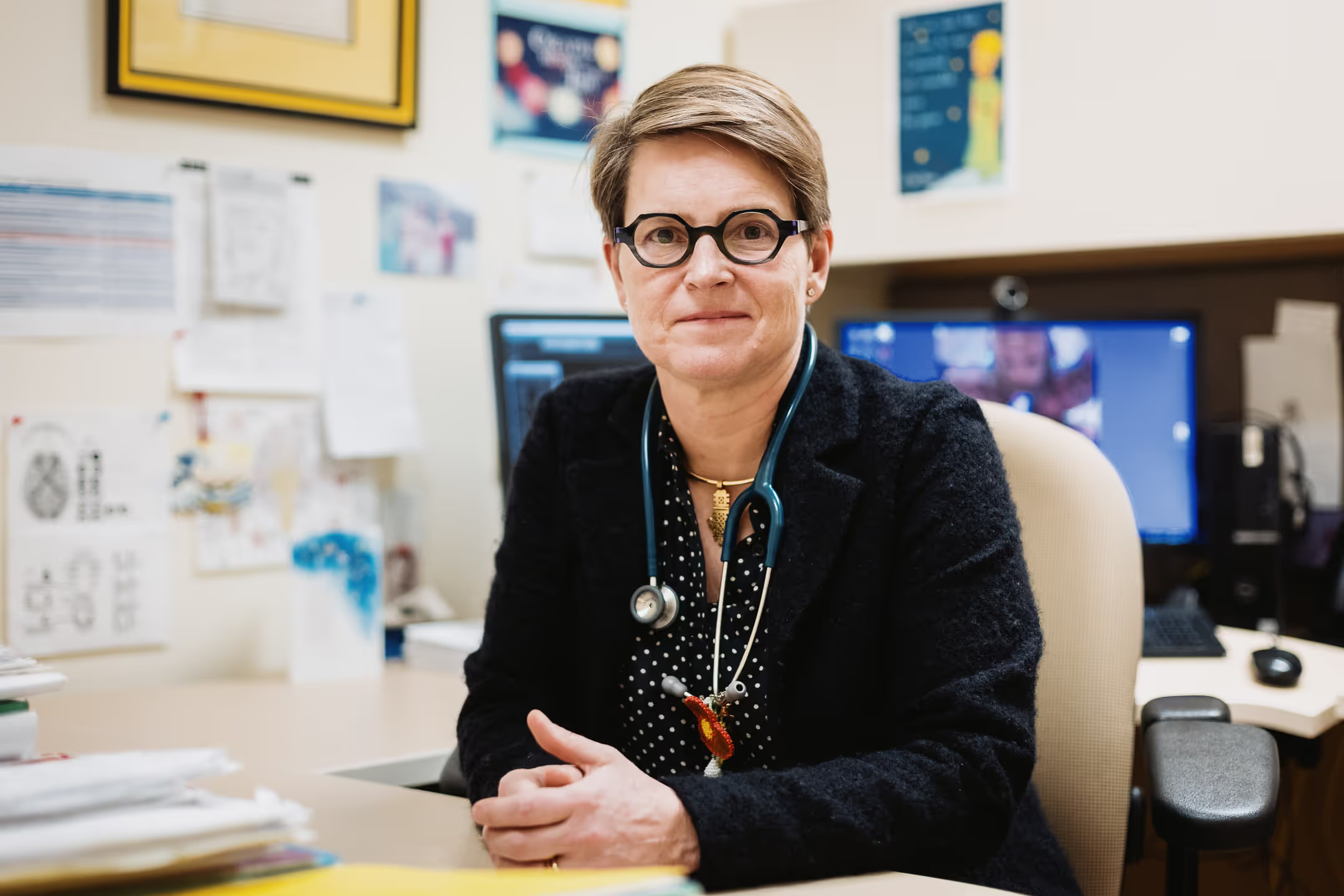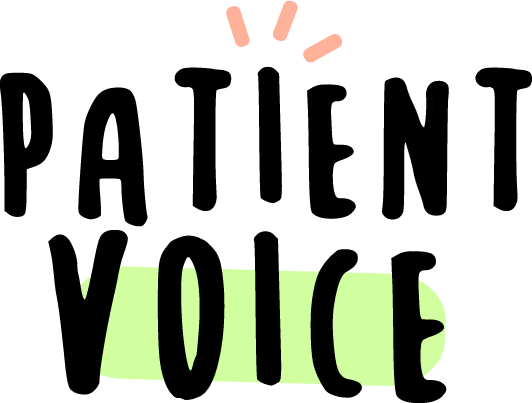“It may seem odd to see someone like me — who isn’t directly impacted by a rare disease — at the helm of an organization like Alpha-1 Canada. But I think almost everyone can relate to feeling unheard by the medical community at some point.
My understanding of that feeling stems from my journey with Crohn’s disease in the ’90s. I’ve been there. Over time, I saw the conversation around Crohn’s shift positively and I believed the same could one day be true for rare disease. So, when the opportunity came to take a small kitchen-table organization like Alpha-1 Canada to the next level, I jumped at it.
“Many people become advocates after losing someone close to them. Others, like me, quickly become a person who’s lost many ‘someones.’”
Many patients have had to hide their illness or uproot their lives, moving to other provinces to access treatment. Because this disease is associated with COPD, policymakers found it too easy to dismiss it as a lifestyle illness. It’s not. It’s a genetic blood disorder, treated with a plasma-derived therapy. And yet, this therapy wasn’t available to most patients across Canada. That one injustice became my battleground for the next seven years.

In 2017, I made my first presentation to Canadian Blood Services (CBS). I shared the story of Debbie Chadwick — a retired teacher in London, ON, whose health was deteriorating due to untreated alpha-1. I asked them why Debbie shouldn’t be able to access life-saving therapy in her own province and, though CBS was very supportive, unfortunately it’s not the final decision-maker. For years I had to work toward the ultimate goal — approval from all 12 provinces and territories.
We slowly shifted the conversation, but too slowly for some. Many people become advocates after losing someone close to them. Others, like me, quickly become a person who’s lost many ‘someones.’
But we did win. Today we celebrate the start of access to an alpha-1 treatment through CBS. But I can’t bring myself to celebrate because Debbie isn’t here to celebrate with us. She passed away a week before the decision to grant national access was made in the fall of 2023.
So long as rare diseases stay in the shadows, we’ll keep losing amazing people like Debbie.”
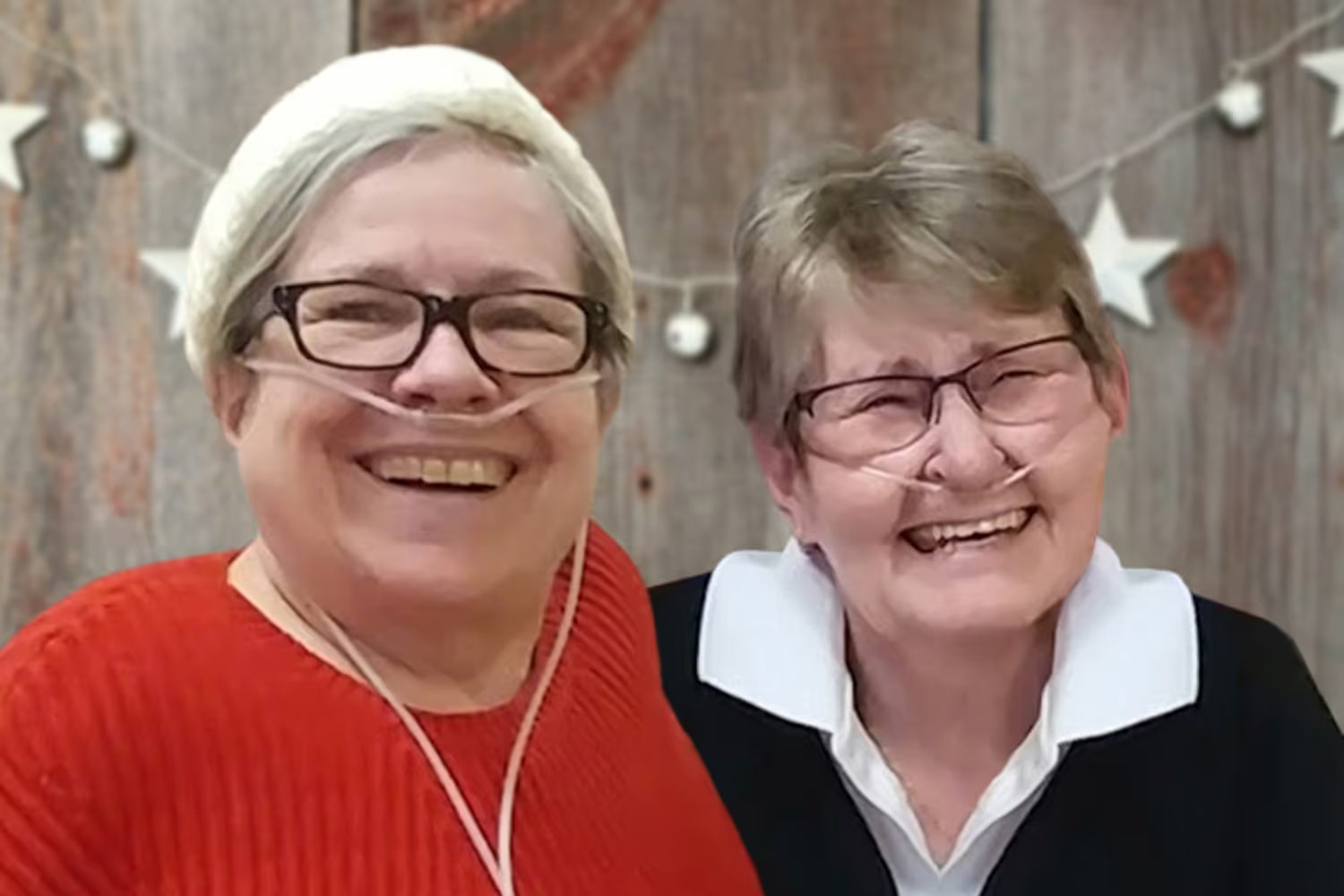
{{CTA}}
